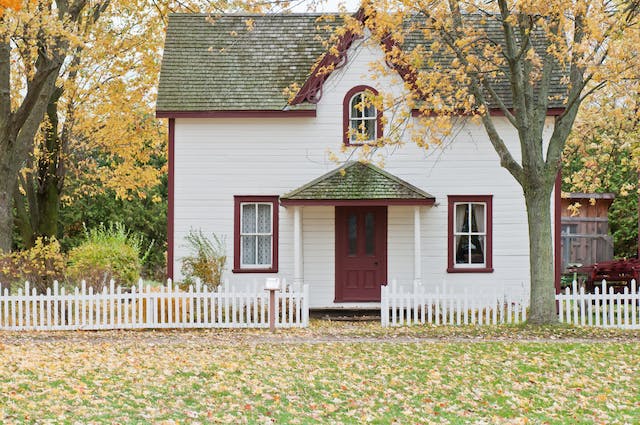- Free Consultation: (843) 391-9902 Tap Here to Call Us
Can I File a Lawsuit for a Slip and Fall At My Friend’s Home?

In negligence law, there exists personal liability and premises liability. Both of these have their own place and importance, but if you get hurt in a friend’s house, which would apply? This blog post will explain the difference as well as the elements of a claim for a slip and fall injury. Please keep reading to learn more and contact a Darlington County slip and fall lawyer to learn more about how we can help you get the compensation you deserve if you’ve sustained an injury in a slip and fall at your friend’s home.
Can I Sue for an Injury Sustained at My Friend’s Home?
Personal liability, as the name implies, focuses on the individual who either did something that led to an injury or failed to do something that would have prevented an injury.
Premises liability, on the other hand, focuses on where the injury happened. Here the responsibility isn’t on whoever created the hazard, but on property owners and occupants as well as commercial enterprise owners and their employees to maintain a safe environment.
Both personal and premises liability are types of negligence claims. As such, premises liability lawsuits will involve proving three elements of negligence law: that the defendant owed the plaintiff a duty of care, that the defendant violated that duty, and by so doing, caused the plaintiff’s injury. Simply put, if you’re injured in someone else’s home, as long as you can prove that you were hurt due to dangerous property conditions and that the property owner breached their duty of care to remedy the issue, you should have a valid claim.
If your claim is successful, you may receive compensation for your medical costs, your lost wages, and your suffering, among others.
Duty of Care towards Business Invitees, Social Licensees, Trespassers
Whether the defendant property owner owed a duty of care to the injured plaintiff depends in large part on who the plaintiff is with regard to the defendant. South Carolina law recognizes three different categories of visitors:
- Business invitees are owed the highest duty of care because it is presumed that the businesses they are patronizing and benefitting invited them in
- Social guests and licensees are owed a less intense though still considerable duty of care, in the sense that they are legally permitted by the owner or occupant on the property, but like an electrician, are primarily there for their own benefit as well as often that of their business.
- Finally, trespassers are owed very little duty by owners and occupants, unless the trespasser is a child, who without understanding was attracted to something on the property, like a playground for example.
Statute of Limitations
Every state in the U.S.A. has numerous statutes of limitation for the different causes of action plaintiffs might bring. In South Carolina, the statute of limitations for a premises liability lawsuit is three years, after which the plaintiff will no longer be able to seek redress.



